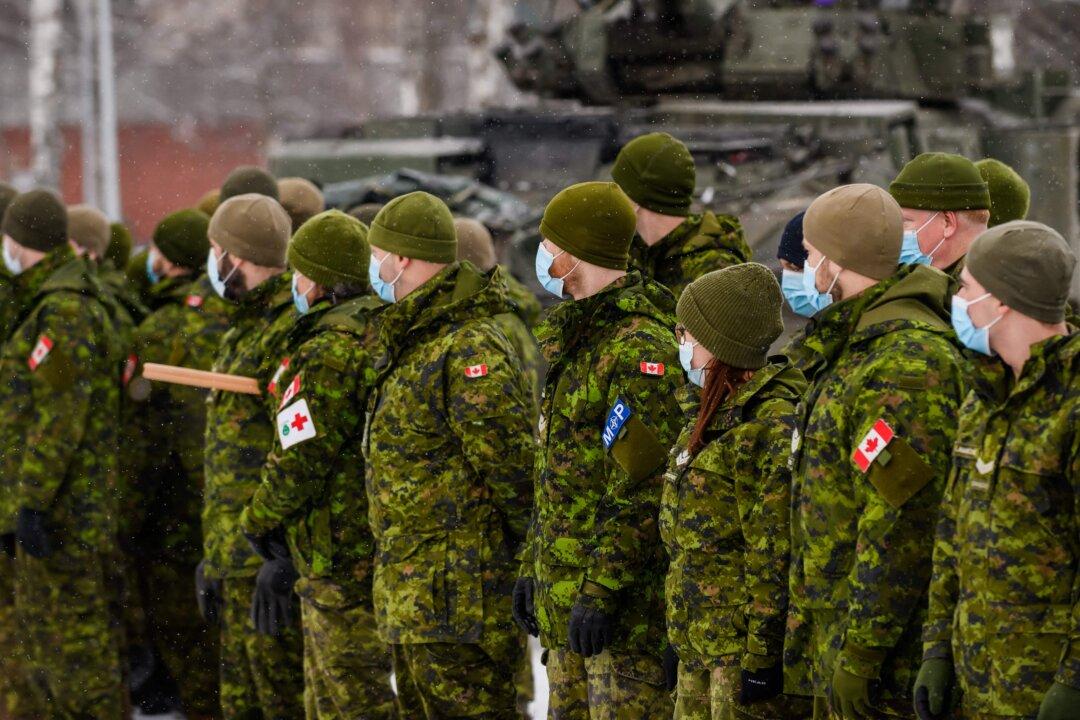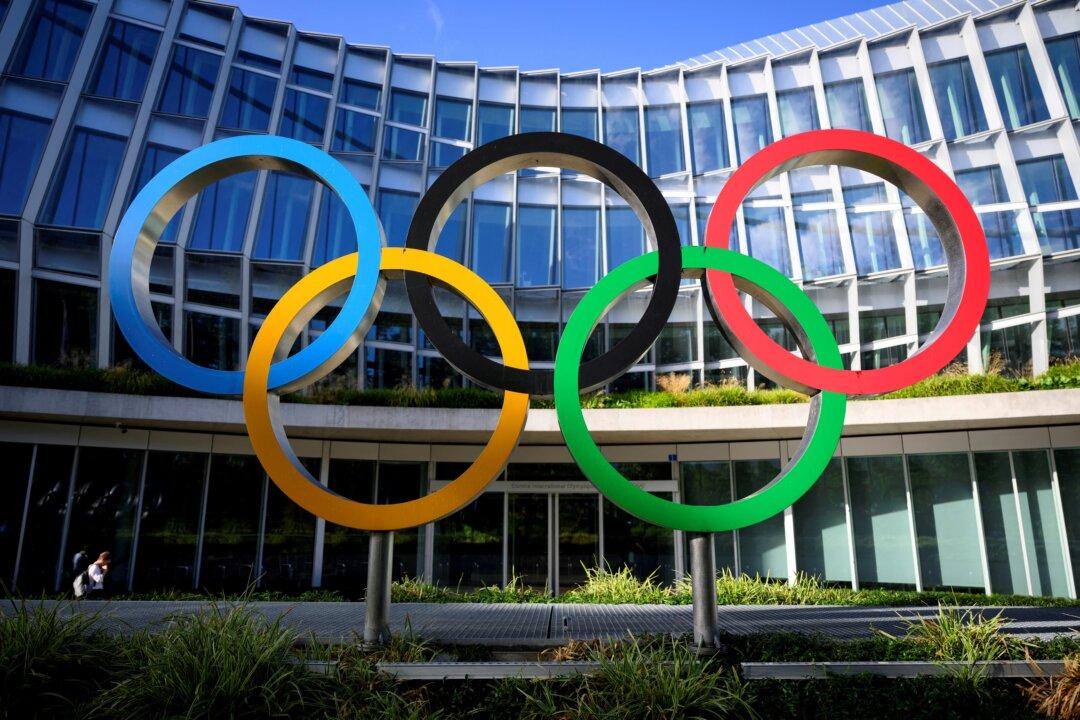Commentary
Canadian commentators have been scathing in their assessment of the disparity between Justin Trudeau’s lofty Ukraine-related rhetoric—“unwavering and steadfast support”—and the sad reality of aid Canada can deliver: not enough, and much of it unfit for purpose. In assessing the embarrassment of our present military enfeeblement relative to past engagements, the National Post’s John Ivison alluded to an “air of despair” that is shared by “many members of the Canadian Forces.”





